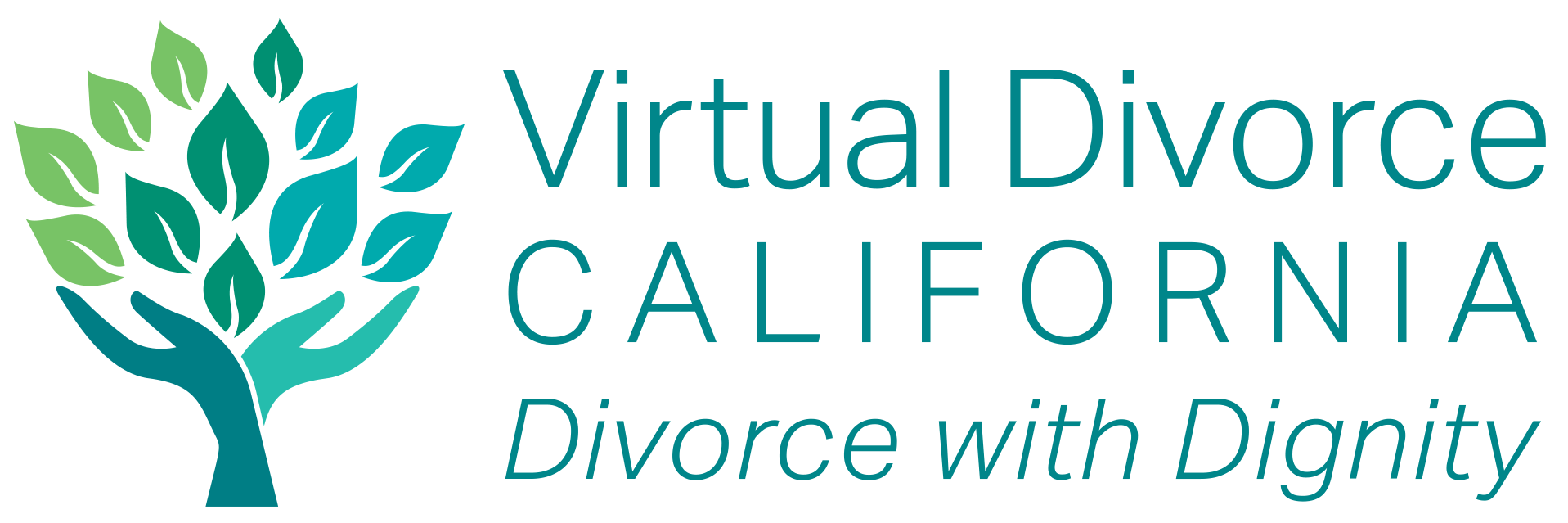
(Scroll down for more information.)
Child Therapy
Parents going through the life crisis of divorce are almost never at their best. We understand this and wish to support you and your children at this difficult time, and set your child(ren) up for success before, during and after the divorce. Co-parents are urged to put their child’s wellbeing and effectiveness in the forefront of their divorce concerns, and to increase their co-parenting skills to buffer and lower the levels of stress for children. (Please see our Resources page for many resources for parents, co-parents and children.)
After their initial reactions, children often will avoid sharing fully with parents once they know a divorce is coming – especially if they’re aware of parental distress. If you haven’t yet told your children about your impending divorce (see our Resources page for tips on how to tell your children), it may be helpful to establish a therapeutic relationship for your children, before you tell them. It can be disconcerting to be told of the divorce and then expected to share freely with a stranger.
How to Suggest Therapy to Children
The truth is that at a very basic level, therapy is like taking a class in yourself – how you think about and relate to yourself, and how that impacts how you think about and relate to others, with relevant thinking (cognitive), emotional and behavioral skills thrown in.
Many parents want their children to have a therapeutic and supportive experience to help them talk through their thoughts and feelings about the divorce, and to have another, neutral yet caring adult buffering them against some of the adverse effects of divorce. When introducing the idea of therapy, parents can introduce therapy as an extracurricular learning experience they want their children to have – not because anything is “wrong” but because they don’t want them to wait until after high school to notice and attend to their learning some of the skills therapy offers (e.g. managing conflicts with peers, saying hard things in kind ways, managing big feelings).
Children & Adult Children of Divorce
Children are extremely vulnerable to having their normal development hijacked by the toxic stress levels that may accompany divorce, especially when conflict between co-parents is high. Children may feel pressured to take sides or align with one parent against another in subtle, not-obvious ways that increase their distress and the harm done by parental conflict. (See our Gatekeeping Handout on our Free Resources page, under No-Cost Events.)
Adult Children of divorce are often overlooked and their pain and distress are all too often dismissed and devalued. They too are vulnerable to (even more than some younger children) being exposed by divorcing parents to adult concerns and themes, or being used as mediators or confidantes by parents. This can be heart-breaking and lead to alignments that color the relationships of Adult Children of Divorce with both or either parent and with others, for years to come.
One co-parenting couple we worked with protested hiring an Adult Child Specialist during a Collaborative Divorce. The Divorce Coaches on the case insisted because both Adult Children had developed serious substance abuse problems (with legal consequences) that were directly linked to the onset of their parents’ divorce. While both adult children were in treatment for substance abuse issues, no one was addressing the ongoing sharing by the parents of adult themes, as well as requests for advice and emotional support from the adult children. Without the Adult Child Specialist, these issues never would have been addressed in the adult children’s traditional therapy, nor would these co-parents have known to ease up on their using these adult kids as confidantes. Children are not your “friends.” Although the relationship maybe more mutual when they’re adults, adult children remain vulnerable to the dynamics and distress between you as their parents.
Depending on the degree of co-parenting conflict, it’s critical to consider having children in therapy with therapists specializing in divorce, especially when any resist-refuse dynamics (children resist/refuse contact with one parent) are present. Therapists without this specialty, especially in high conflict cases, simply do not know what they do not know, and can inadvertently do more damage than good.
Toxic Stress Levels & Divorce as an “Adverse Childhood Experience“
Divorce itself is considered one of 10 Adverse Childhood Experiences, which generates toxic levels of stress with serious consequences including mental health disorders, learning disabilities, poor school performance, significant relationship problems, limited job opportunities and financial success, numerous physical health problems (e.g. diabetes, heart disease) as well as a shorter life span. (The studies with these results were performed on more than 17,000 participants of all social classes, ethnicities, etc. by the CDC and Kaiser Permanente. For more information please go to AcesAware.org.)
NOTE: Child therapists who are not licensed custody evaluators cannot make custody recommendations, as this is considered outside the scope of their license. Only a licensed custody evaluator can make such recommendations. Therapists can make recommendations regarding the wellbeing of your children, offer options and facilitate communication when mediating a parenting plan.
Resist-Refuse Dynamics
Usually, our clinicians are only willing to take on resist-refuse cases after careful assessment and under the very specific and limited conditions likely to offer effective results. Some of our clinicians will not take these cases but are willing to serve as consultants for rejected parents.

Usually, our clinicians are only willing to take on resist-refuse cases after careful assessment and under the very specific and limited conditions likely to offer effective results. Some of our clinicians will not take these cases but are willing to serve as consultants for rejected parents.
When resist-refuse dynamics are involved, it is never advisable to have a therapist who is not specifically trained and experienced at working with these specific family dynamics. When one parent is favored and the other is rejected, expect co-parenting work to be needed prior to any work between the child and the rejected parent. Typically, aspects of the co-parenting relationship are at the source of resist-refuse dynamics.
In most divorce cases, it’s advisable to concurrently have a child therapist specializing in divorce, who is trained to collaborate with other divorce professionals. In cases with resist-refuse dynamics, the child therapist also needs:
- Extensive training and experience with resist-refuse dynamics,
- Training in both Mediation & Collaborative Protocols,
- Skill at being direct as well as diplomatic with both parents regarding child-related concerns,
- To make clear, specific behavioral parenting requests of each parent,
- To use child-related data to inform the specific, behavioral parenting/co-parenting direction offered by one or two co-parenting therapists, and
- To direct the efforts of any involved professionals to prioritize and proactively buffer children from the adverse effects of parental conflict.

